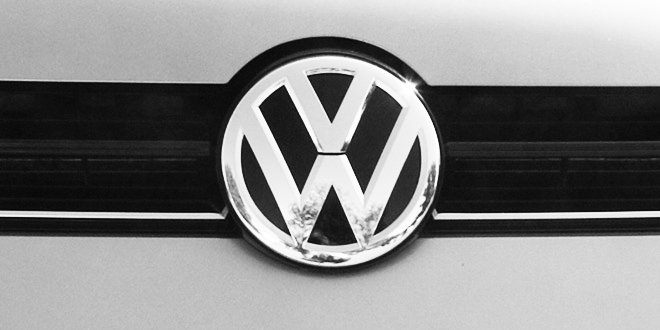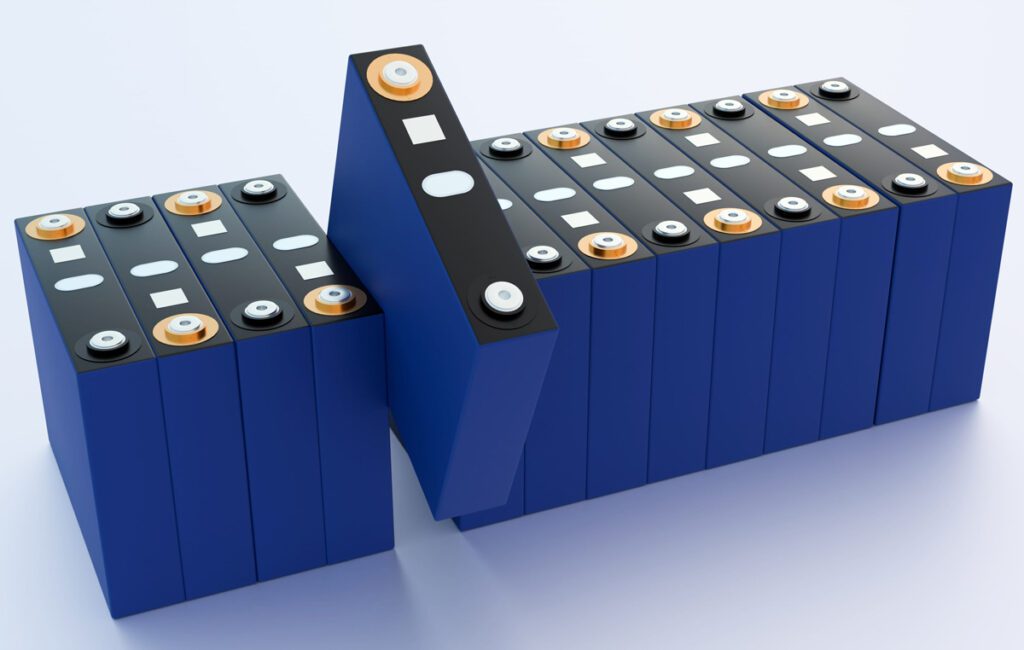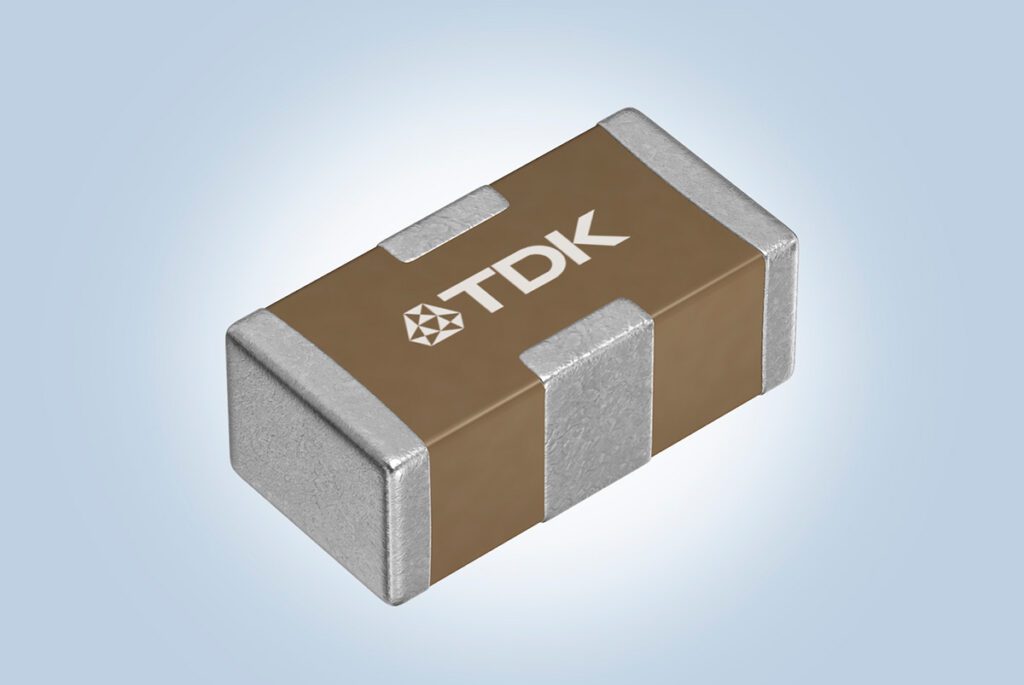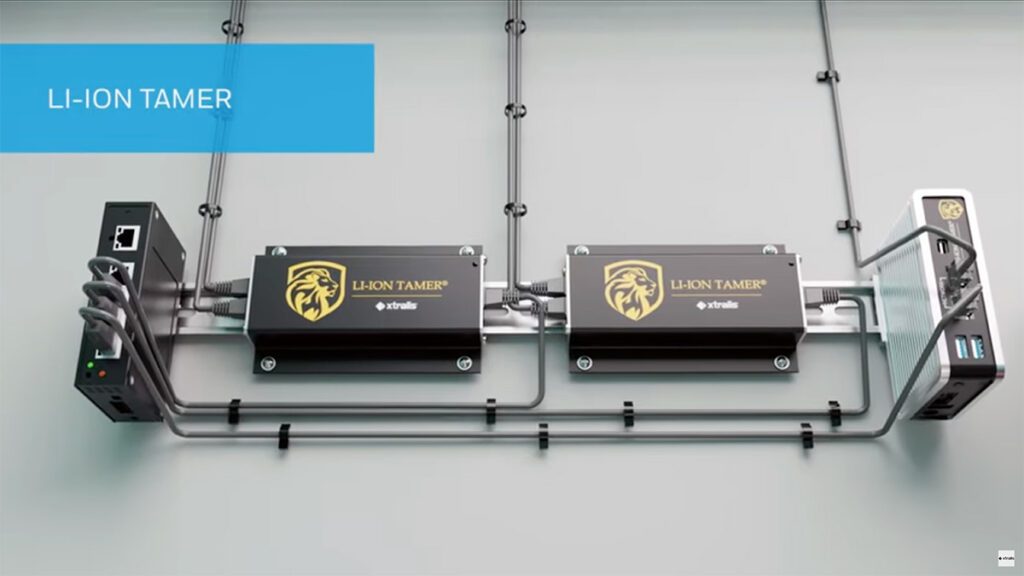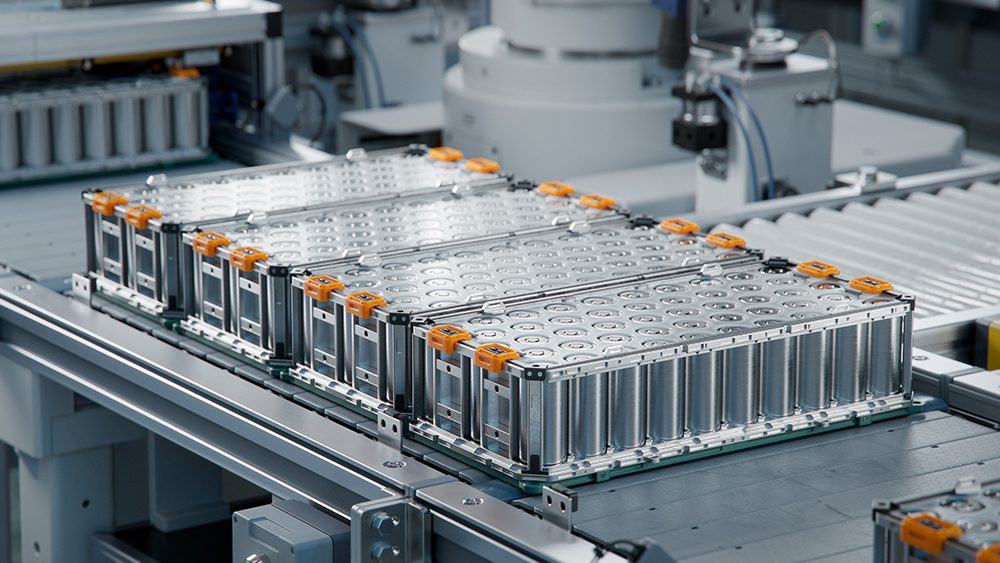The world’s second-largest automaker has admitted that it systematically broke the law in order to evade environmental regulations. “Our company was dishonest with the EPA, and the California Air Resources Board and with all of you,” said Volkswagen’s US chief Michael Horn. “We have totally screwed up.”
Tipped off by the International Council for Clean Transportation, the EPA has ordered half a million vehicles to be recalled, and VW says the scam may affect 11 million cars worldwide. The Volkswagen Group’s stock (OTCQX: VLKAY) went into a freefall – down 34% in two days. CEO Martin Winterkorn has stepped down. Angela Merkel and other world leaders have expressed outrage amid talk of huge fines, firings, civil lawsuits, criminal prosecutions and of course, further investigations in half a dozen countries.
So much for the basic facts of this massive malfeasance, which have been and will be reported extensively elsewhere (see the New York Times, The Guardian and, for German readers, the Frankfurter Allgemeine; Green Car Reports is also following events closely). Our role is to consider the implications for the EV market.
The entire electromobility industry is built on the belief that technology can help to solve the energy and environmental problems that we face. Instead, VW has been using technology to circumvent regulations and emit up to 40 times more air pollution than allowed by law.
VW’s TDI technology was touted as an automaker’s ideal solution: a way to comply with tightening emissions regulations without building pesky hybrids or EVs. The company has often promoted its “clean diesel” engines as an alternative to hybrids. How far could VW have advanced electrification technology by spending all that R&D and marketing energy on EVs (not to mention the $7 billion it has already set aside to clean up its self-defeating skulduggery)?
How far will the scandal spread?
As David Herron pointed out in The Long Tailpipe, the revelation raises questions about the validity of emissions tests at the EPA and other global regulatory bodies. In many cases, such agencies don’t perform the tests themselves, but rely on automakers to provide honest information.
“Do we expect there are other automakers who may have done the same subterfuge?” asks Herron. “Yes. How would we know if there is or is not rampant cheating on emissions testing? We don’t.”
Greg Archer, of the UK advocacy group Transport & Environment, said that the manipulation of air pollution data could be “very widespread” and that European tests are “much more open to this sort of abuse…There has been a lot of anecdotal evidence about carmakers using these defeat devices.”
“We need to ask the question, is this happening in other countries and is this happening at other manufacturers?” said John German of the International Council on Clean Transportation, the European NGO that discovered the deception.
It’s not difficult to see how this epic auto scandal could destroy companies, careers, and the passenger car diesel segment as a whole. But how will it affect the EV industry?
We hope it means that regulators and automakers will continue to accelerate the transition to zero-emission vehicles. It’s pretty difficult to cheat on that test.
Sources: New York Times, The Guardian, Frankfurter Allgemeine, Green Car Reports, International Council on Clean Transportation, The Long Tailpipe, Jalopnik, Transport & Environment, EPA, Bloomberg, RhymeZone







